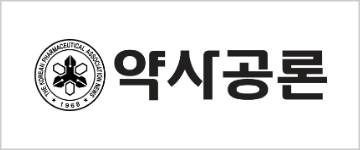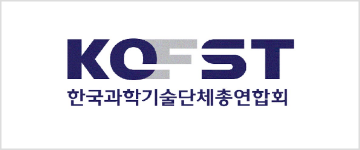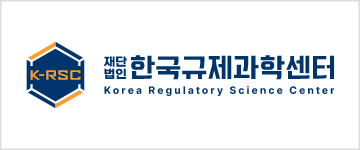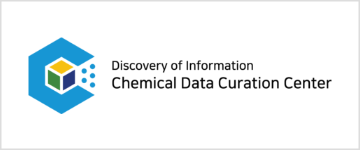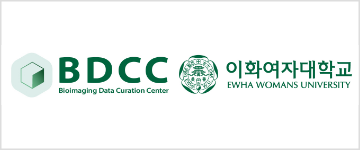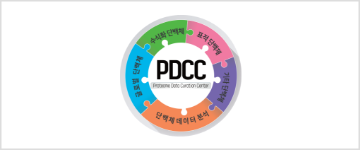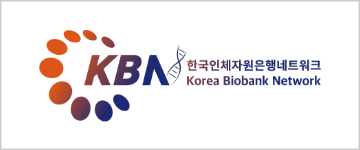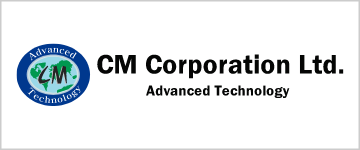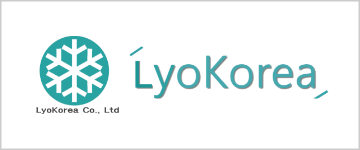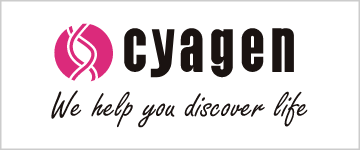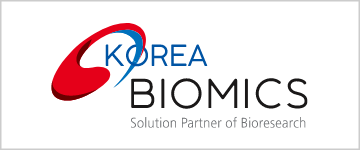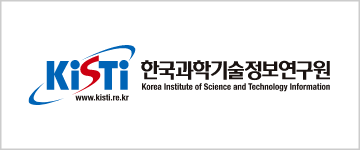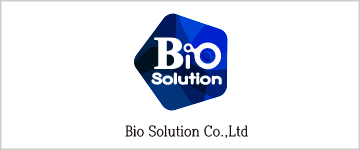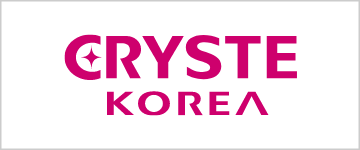2025 Fall
International Convention of PSK
2025 CONVENTION
Abstracts
Structure-modified halcarins from the sea anemone for effective treatment of salmonella enterica-induced colitis
- Young ji Choi1, Yunyeong Kim2, Kandasamy Saravanakumar2, Seongmin Oh1, Siyoon Jeong1, Bomi Nam1, Kyung-min Choi1, Namki Cho2, Ha yeun Song*
- 1Honam National Institute of Biological Resources
- 2Chonnam National University
The present study identified antimicrobial peptides from the mRNA sequence of the sea anemone Halcurias carlgreniusing computational and in vitro screening approaches. Among 21 candidates, Halcarin-1 exhibited the most potent antibacterial activity and was subsequently structurally modified by amidation and acetylation to generate Halcarin-2, a more stable derivative designed for oral delivery. The therapeutic efficacy of Halcarin-2 was evaluated in a murine model of Salmonella enterica-induced colitis. Halcarin-2 treatment preserved body weight, reduced disease activity index, maintained colon length, and alleviated splenomegaly. 16S rRNA sequencing demonstrated that Halcarin-2 restored microbial diversity, reversed dysbiosis, normalized the Firmicutes/Bacteroidetesratio, and reduced Pseudomonadotaabundance. Furthermore, metabolic profiling indicated enhanced short-chain fatty acid production. Collectively, these findings suggest that chemically modified Halcarin peptides represent a promising therapeutic strategy for S. enterica-induced colitis, due to their antimicrobial activity and modulation of the gut microbiota.
Q&A
- There are no registered questions












